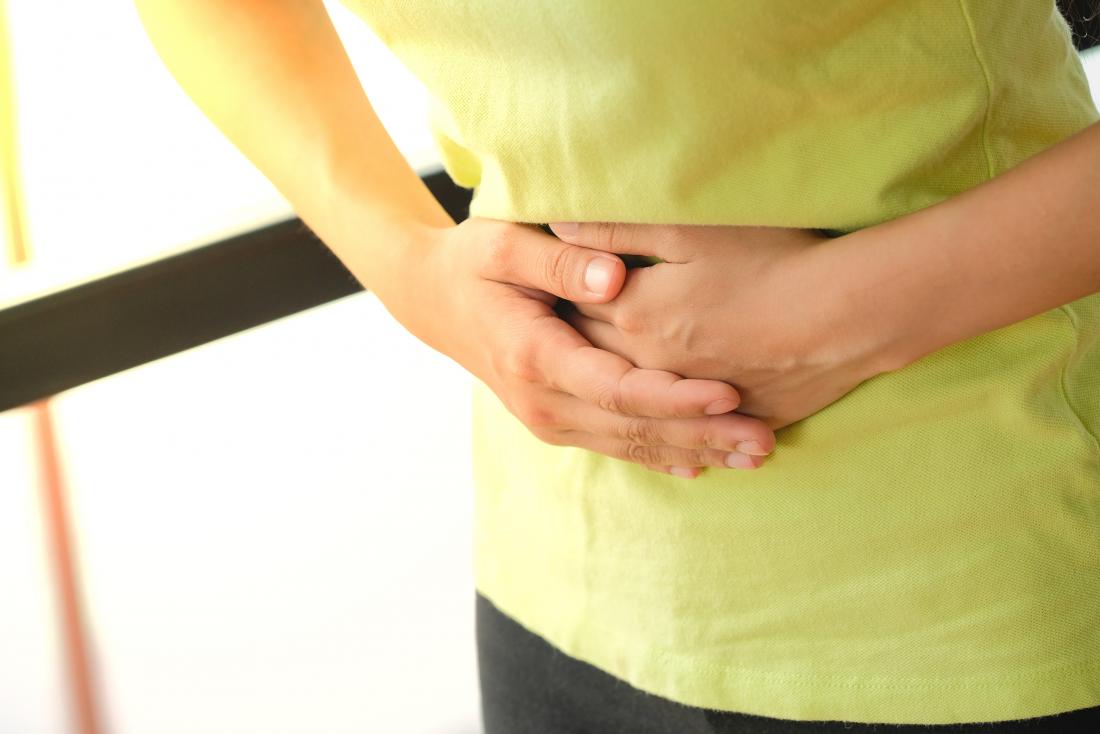Constipation is referred to as a state when your bowel movements are restricted to 3 or less in a week. A constipated individual fails to discharge waste like a normal person.
While constipation happening once in a while is common, it could be chronic if you have been dealing with its symptoms for over 3 months in a row. This raises a flag that you might have complications.
The following problems most likely happen in the places where the stool exits the body:
- Hemorrhoids
Constipated individuals are likely to push hard to make a bowel movement happen. As a result, the veins around the rectum and anus tend to swell that are called hemorrhoids or piles.
They are similar to varicose veins around your anus. If they are visible externally, this means they are underneath the skin around the anus. In contrast, if they are not visible, they are within the lining of the anus.
In most cases, hemorrhoids are itchy and can be painful. You can see a thin streak of blood in the stool or on the toilet paper if you try too hard to have a bowel movement.
- Anal Fissures
When you push too hard to pass the stool or strain while passing a stool, you may tear the tissues around your anus. These tears around the anus are called anal fissures, which lead to itching, pain, and (sometimes) bleeding.
Since anal fissures make going to the bathroom more difficult for anyone, they can result in a worse state of constipation. This is a common case among children who tend to hold it in out of fear of the pain.
Although these tears are (often) very small, they sometimes grow larger and affect the muscles at the anus’ opening, which keeps it closed, eventually making passing stool more difficult. Once at this stage, anal fissure is harder to heal and may require medication or even surgery to fix it.
The worst thing about anal fissure is its tendency to return once you have had it and cured it.
- Impaction
When you are not able to discharge the waste out of your body, it is likely to stick together inside your intestines. As a result, the stuck, hardened mass causes a complete blockage.
Squeezing your colon pushes the stool out of your anus but it fails when it becomes too large and hard. This can result in pain and vomiting. Children and older individuals may have to go to the emergency room seeking treatment, as they are likely to have fecal impaction.
- Rectal Prolapse
The end part of your large intestine, called rectum, ends at the anus. It can stretch and even slip outside your body when you are constantly straining while trying to pass stools. Since the symptoms include pain and bleeding, it is hard to tell whether you have rectal prolapse or hemorrhoids. However, these are two different conditions that require different treatments.
Constipation Treatment
You can manage minor or infrequent constipation successfully with simple home-based remedies. Drinking apple juice and prunes results in softened stool that is easier to pass. Try doing a gentle abdominal massage as per the shape of the colon to easily move feces through your intestines.
Using OTC (over-the-counter) laxatives, increasing dietary fiber intake, and adding fiber supplements to your everyday diet can ease a bowel movement.
Conclusion!
Constipation can be normal if it happens once in a while. More than 3 bowel movements a week are normal but any less than that could be a symptom of constipation. As frequent constipation can lead to chronic constipation, take necessary laxatives and increase your fiber intake to relieve the symptoms.




